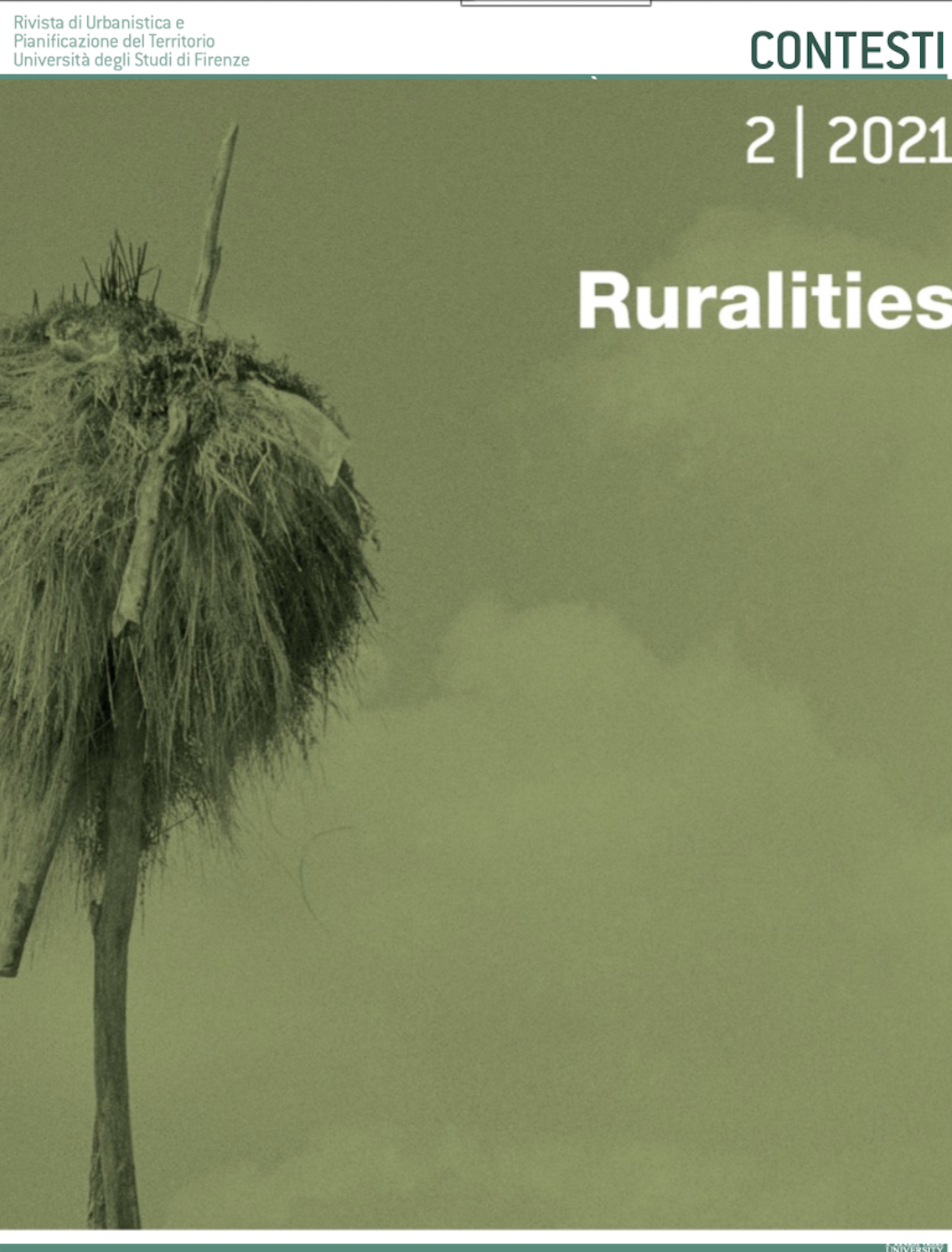Deadline submission: 15 April 2020
Guest editors: Francesco Alberti and Iacopo Zetti
According to the UN High-level Political Forum on Sustainable Development (HLPF), mobility and transport have a significant impact on the implementation of most of the goals of the 2030 Agenda for sustainable development. In this regard, for sustainability and effects on the climate, a recognized aim is the overall reduction of movements made with motorized vehicles, eliminating as far as possible the link between economic growth and transport demand: an objective that leads us to reflect critically on current models of organization, management and control of mobility at different levels.
Mobility, seen as a right, inside the general framework of the “right to the city”, calls into question social justice issues (Sheller) in terms of accessibility to territories and transport systems (Burja, Muxì), proving to be a significant indicator of inequalities between strong and weak subjects by social position, geographical origin, income, gender, physical conditions, etc.
This first issue of the new series of CONTESTI, with an explicit reference – in its title – to the broad meaning provided by Urry, is dedicated to the movement of people and goods seen as a factor of transformation, in relation both to spatial and environmental components, both to the social, economic and political dimension of such changes.
In particular, the issue calls for theoretical or methodological contributions and case studies focused on the following topics:
- contributions on urban and territorial sustainability of mobility, also concerning issues related to climate change, energy transition and the overall quality of the urban environment, pursued (or contradicted) by practices, policies and projects concerning mobility and transport;
- presentation of significant interventions of urban regeneration and enhancement of landscapes connected to new infrastructures or sustainable mobility services;
- studies and reflections on mobility as a right, to be assured to all citizens through the removal of social, cultural, economic and physical-sensorial obstacles which in different contexts prevent or limit their enjoyment;
- analysis and research on the relationship between tourism, mobility and sustainability.
Please click here for more details: Italian English
For Author Guidelines (Italian) click here

